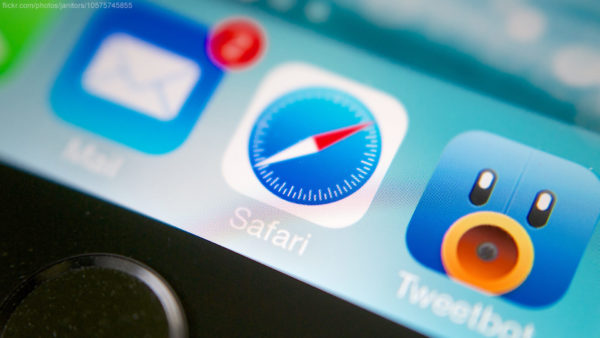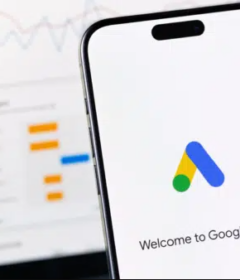Is Apple getting real about search and about to take on Google?

Multiple indicators suggest Apple may be stepping up its search efforts.
Part of Google’s mobile search success relies on the fact that it’s the default search engine for the iPhone. The company has paid billions for that privilege over the years. But there’s evidence that Apple might be building a search engine to take on Google – for real this time.
First the evidence. As Coywolf’s Jon Henshaw pointed out in a blog post, Apple has recently been listing more job announcements for search engineers (including for Apple Maps). Then there’s the apparent fact that, in iOS 14, Spotlight Search de-emphasizes or entirely bypasses Google results. The company has also updated its webcrawler support page (Applebot) with new information on how it ranks results. And Applebot has reportedly started to crawl sites more regularly.
In Europe there has recently been a lot of antitrust and regulatory activity around default search on Android devices. Google was compelled to create a “search choice” screen for Android users upon setup of a new device. This has been controversial but is intended to give users the option to select an alternative to Google and boost the market share of rivals. This of course doesn’t mean it will happen.
While there is search choice on the iPhone – Google, Bing, Yahoo or DuckDuckGo – the overwhelming majority of users don’t select one of those competitors. In 2013 Apple made Bing the default search engine for Siri but not for the Safari browser on the iPhone. Google replaced Bing as the source of web search results for Siri in 2017.
Today, Bing and Yahoo combine for less than 5% of mobile search in the U.S. But given Google’s mobile search market share, roughly 95%, and the ongoing antitrust investigations in both Europe and the U.S., the company’s default search days on Safari are probably numbered.
Why build a search engine? For the same reason that Apple ultimately launched a mapping application it might be inclined to launch a more full-blown search engine. It’s a strategic capability that Apple probably ultimately wants in order to better control the user experience and showcase content and apps on its mobile devices. Apple can also provide a “federated” or on-device and web search capability, which Google cannot on the iPhone.
Google and Apple have historically been at odds over apps and their importance in the ecosystem. At one time Google saw apps as a threat, though that faded relatively quickly.
Google initially decried mobile apps as the death of the open web and tried to do many things to promote mobile web usage instead. To some degree the AMP initiative is part of that, making sure that the mobile web experience isn’t completely inferior to the app experience. But both experiences co-exist and serve different user needs and use cases.
How Apple search might impact competitors. This is speculative, but it’s quite possible that Apple could become the number two mobile search engine. Safari is the most popular mobile browser in the U.S.; Chrome is second. Yet it’s unclear how extensive or far reaching Apple’s search ambitions are. The search development here may be focused on Spotlight Search and not extend to Safari.
Spotlight Search, which is accessed from the top of the iPhone homepage, is not as visible or widely used for web search compared with browsers or dedicated search apps (e.g., Google). But there’s a potentially more integrated experience where Siri results, Spotlight Search and the Safari browser default search become more unified on the back end if not in the UI.
Search engines such as DuckDuckGo or the forthcoming subscription-based Neeva could suffer at the hands of a more comprehensive and robust Apple search experience. That’s because alternative search engines are mostly selling themselves these days on the basis of being more privacy friendly or, in Neeva’s case, also being ad-free. Apple has been heavily marketing privacy as a differentiator for its products and would be unlikely to have many if any ads in its search results. (Although, Apple is a public company seeking new sources of revenue growth, so it could be tempted over time.)
Why it matters. In an industry focused almost entirely on Google it would be invigorating to have a strong new search competitor. And Google would likely welcome such a move for several reasons: it could stop paying billions to Apple and not suffer significantly and it could also point to Apple as a strong competitor in antitrust cases.
But this very much remains to be seen, as well as the precise form a new Apple search engine would take. Apple does have an opportunity and the resources to make a run at Google but the question is, will it fully commit or build a mediocre experience that doesn’t sway anyone. The company underestimated the challenge of building a maps alternative to Google and learned some painful lessons in the process.



